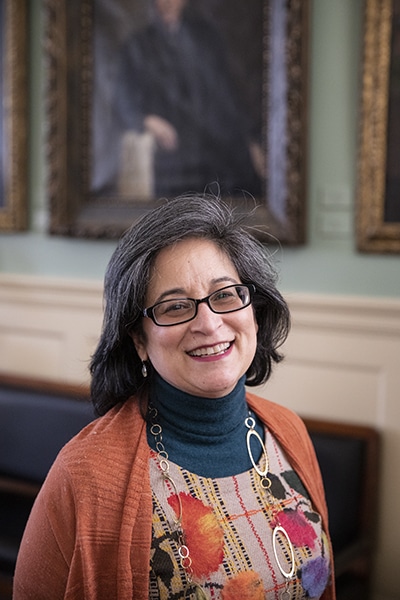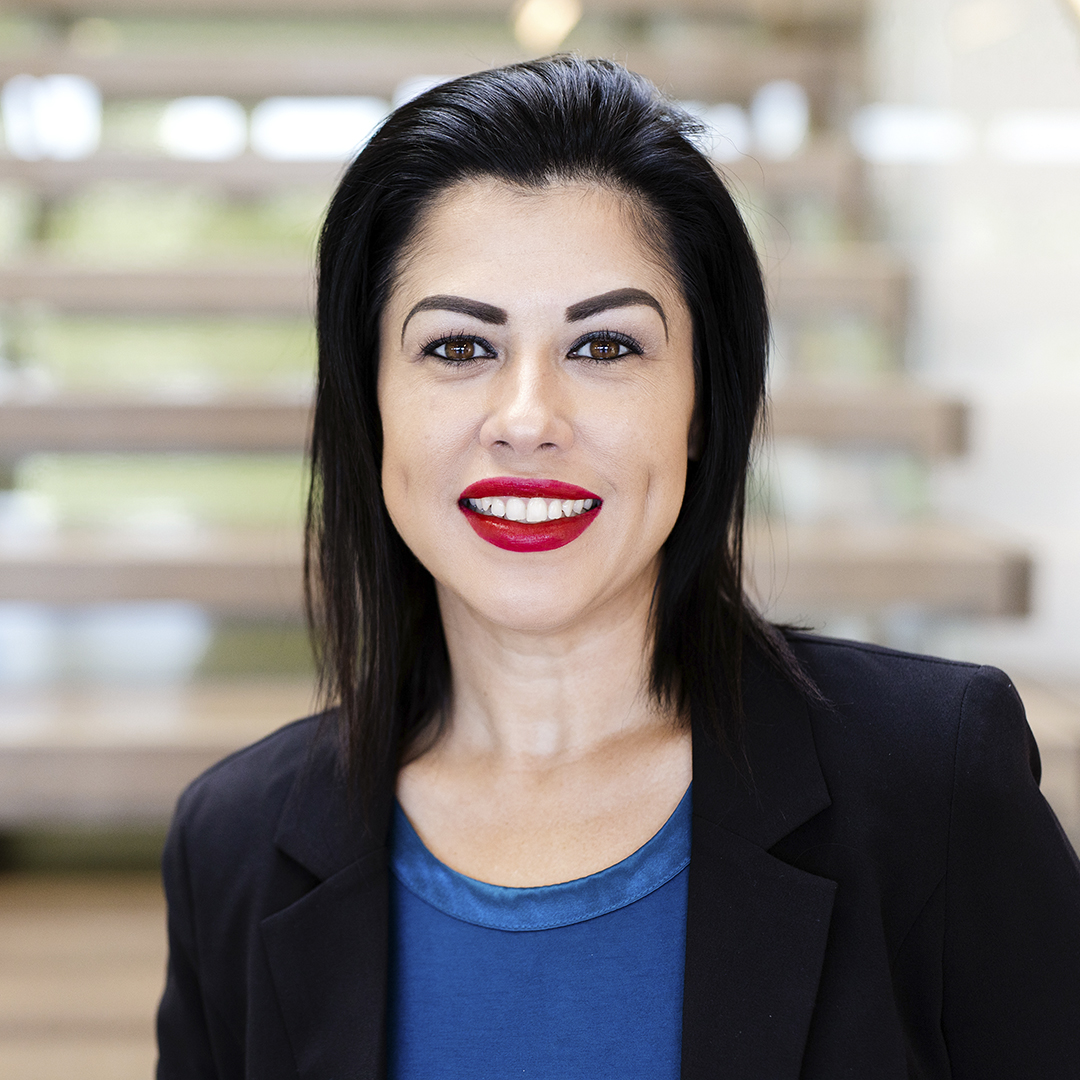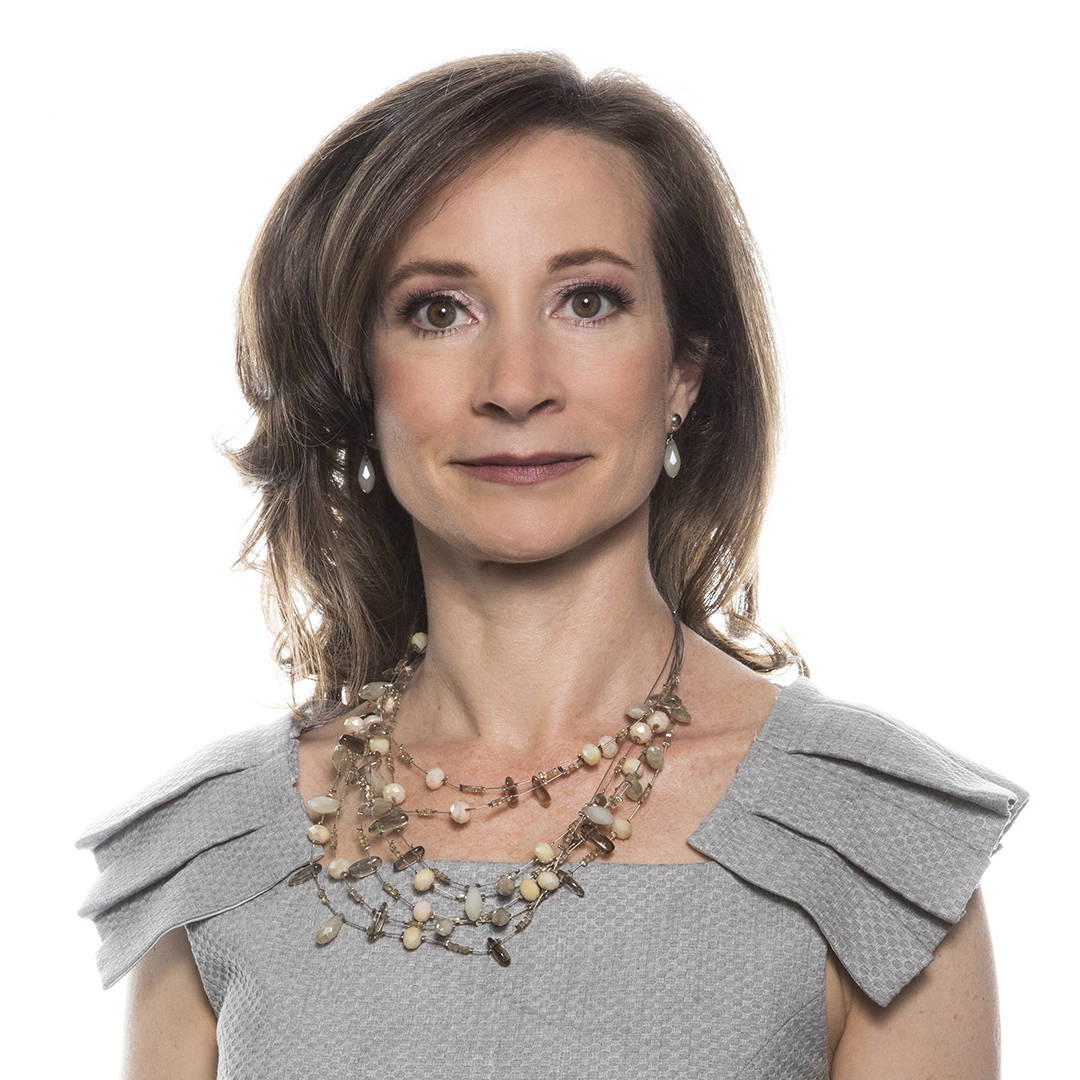|
Getting your Trinity Audio player ready...
|
Diane E. Lopez has worked at Harvard University for more than twenty-five years, but her life there is far from repetitive. As vice president and general counsel, Lopez helps bring a sense of order to the ever-shifting legal, cultural, and social landscapes that define one of the oldest and most tradition-bound institutions in the country.

“I’ve been in the position for only four months, but it’s been a pretty earth-shaking change for me,” Lopez says of her recent promotion to general counsel. “There haven’t been many general counsels at Harvard, so I am joining a very select group of people. It is a little overwhelming.”
Having previously served as Harvard’s deputy general counsel, Lopez has plenty of experience in managing the affairs of the legal department. Now she is not only responsible for hiring and retaining excellent legal professionals but also for translating the truly “mind-boggling” variety of legal matters overseen by her department to Harvard’s governing body, known as its President and Fellows.
“We have operations all over the world as well as really specific educational and research issues,” Lopez offers. “In this legal department, you might do everything you would as a counsel for a small city, as well as provide legal advice needed by a sophisticated and expanding nonprofit enterprise.” But because the university has such particular legal needs, Lopez says, her department has a number of specialized lawyers who often don’t have much opportunity to talk with one another.
“You have to find a way to honor the history and traditions by making changes in a way that brings all people along.”
“During my first year as general counsel, I want to focus the office on increasing collaboration between the attorneys and thinking of ways in which we can do better at information sharing; it makes us better lawyers to share about the situations we’re seeing and the advice we’re providing,” Lopez says. “We have a saying in my office: ‘everything is related to everything.’ It’s amazing how a real estate matter can relate to a healthcare matter and to a student affairs matter.”
Whatever the context of a case, Lopez says, the legal department’s mission is to help the university solve its problems and achieve its goals. And these days, some of the main goals revolve around diversity and inclusion.
“We have a particularly multidimensional problem to solve in higher education,” Lopez reasons. “We have the usual component of how to deal with a changing workforce, and lifetime tenure provides both challenges and opportunities in the area of diversity. But, of course, we also have the dimension of the student body.”
Because students only stay at a university for two to eight years, Lopez explains, institutions can diversify that population much more quickly than other constituent parts of the university. But Lopez is fully aware that diversity is only the first step. In a recent effort to promote inclusion, she joined with other leaders of the Harvard community in a presidential task force to examine key issues such as recruitment, retention, and academic and social integration, resulting in a report that is a blueprint for change: Pursuing Excellence on a Foundation of Inclusion.
However, community meetings, reports, and surveys are only part of what’s needed to address fundamental issues at an institution that is hundreds of years old, Lopez notes. “You have to find a way to honor the history and traditions by making changes in a way that brings all people along,” Lopez says, adding that “you must take care not to change too much of a culture that has been so successful for so long.” She notes that this “is not easy—it requires ongoing effort.”
“We recently received good news that the District Court sided with Harvard and recognized the validity of considering race as one of many factors to achieve the benefits of diversity among our undergraduate population. Defending this case is a concrete way to demonstrate that the university cares about these values, and I’m very proud of that.”
Recently, as part of this effort to drive inclusion, Harvard and a number of its peer institutions filed an amicus brief with the Supreme Court in support of the continuation of the DACA program. DACA, or Deferred Action for Childhood Arrivals, is an Obama era program that allows immigrant children with unlawful presence in the US to work and attend school here without fear of deportation. Many young women and men protected by DACA attend Harvard and other top schools, Lopez says.
But sometimes, as with the recent lawsuit challenging Harvard’s admissions policies, the university’s endeavors to promote diversity encounter pushback. “At this point, we have been defending our holistic admissions process for Harvard College for many years,” Lopez says of the widely discussed case, which she says will likely go all the way up to the Supreme Court. “We recently received good news that the District Court sided with Harvard and recognized the validity of considering race as one of many admission factors to achieve the benefits of diversity among our undergraduate population. Defending this case is a concrete way to demonstrate that the university cares about these values, and I’m very proud of that.”
Picturing Success
Despite the array of projects, initiatives, and programs that fall under Diane E. Lopez’s purview, she still makes time to attend events such as those sponsored by the Harvard Foundation Portraiture Project. Through this project, Lopez explains, Harvard has been commissioning oil portraits of people of color associated with the university, including a portrait of Rosa Rios, the first Hispanic woman to serve as treasurer of the United States. “When you go to these types of ceremonies,” Lopez says, “you know it’s all worth it.”
One of Lopez’s outside law firms, Goodwin Procter LLP, strongly believes in the general counsel’s own values as they apply to Harvard. Not only is the firm quick to back her keen legal acumen, but it also touts her ability to thrive under pressure. “Diane is an exceptional lawyer set apart by remarkable leadership skills and judgment,” explains Roberto Braceras, a partner at Goodwin Procter. “She has a measured, tactical approach to complex problems and manages to project calm and confidence even at the most challenging of times.”
Whether it’s an admissions policy or a recently adopted accessibility policy to make the university’s web content more approachable for the deaf and hard of hearing community, Lopez and her team know that their ideas will be explored, their concerns considered, and their voices heard by other leaders at the university.
“Important decisions at Harvard are not made in a top-down, hierarchical way,” Lopez remarks. “Many of our decisions have to be made after listening, gathering information, talking, and developing a concept—and only then going out and persuading people that this is the time to do something. It’s not a ‘because I said so’ environment.”
That environment is just one of the many things Lopez has come to place great value on during her long tenure at the university. “I have come to have so much affection for the institution, the good it does in the world, and the values it tries to transmit to students,” she says. “I would just like to leave the office of general counsel as strong and respected as it was when I inherited it.”
A message from WilmerHale
WilmerHale is a leading, full-service international law firm providing quality, world-class legal representation and client services across a comprehensive range of practice areas. A leader in diversity, WilmerHale ensures an inclusive workplace that reflects the diversity of our clients and the communities in which we practice. Learn more at wilmerhale.com.

